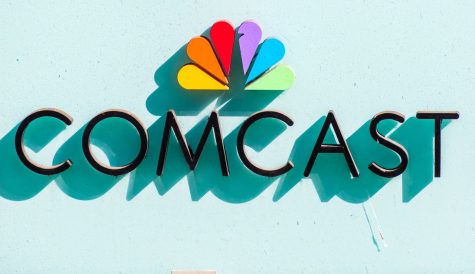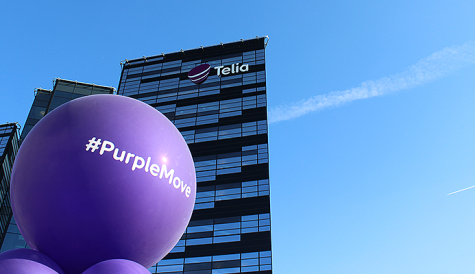Vivendi outlines future as media company after SFR deal
The sale of SFR will lead to the rebirth of Vivendi as “a new group”, liberated from debt and focused on the media business, with a new leadership team, according to supervisory council president Jean-René Fourtou and president of the company’s directorate, Jean-François Dubos.
In a letter to investors, Fourtou and Dubos said that Vivendi Media would be free from debt as a result of the deal and would possess considerable financial power.
The pair will leave their posts at the end of the company annual meeting on June 24.
Fourtou will be replaced by Vincent Bolloré, who joined Vivendi’s board following its acquisition of his free-to-air channels, now named D8 and D17.
Vivendi has also named Arnaud de Puyfontaine, who was appointed head of media and content in January, as Dubos’s successor. De Puyfontaine was European managing director for Hearst Magazines before joining Vivendi.
In their letter to investors, Fourtou and Dubos said that with the sale of SFR, which followed the disposal of stakes in games provider Activision Blizzard and telcos Etisalat and Maroc Telecom, the work of transforming Vivendi into a media company was complete.
Referring to the decision to dispose of Activision Blizzard, they said the company’s success rested on a few high-profile games and was subject to uncertainties relating to new consoles and regulation of the games business in certain countries.
The pair said that the decision to sell SFR to Altice/Numericable rather than Bouygues Telecom was taken on the basis of Numericable’s overall strategy of combining fixed and mobile assets. They said the company’s strategy of launching new services on the back of the rollout of high-speed internet made sense and that they expected Vivendi’s 20% stake in the new combination to grow in value.
The pair said the alternative Bouygues Telecom deal, by contrast, would have created a mobile operator with a 47% market share, which would have rendered the deal subject to likely regulatory remedies that could have proved very costly.




